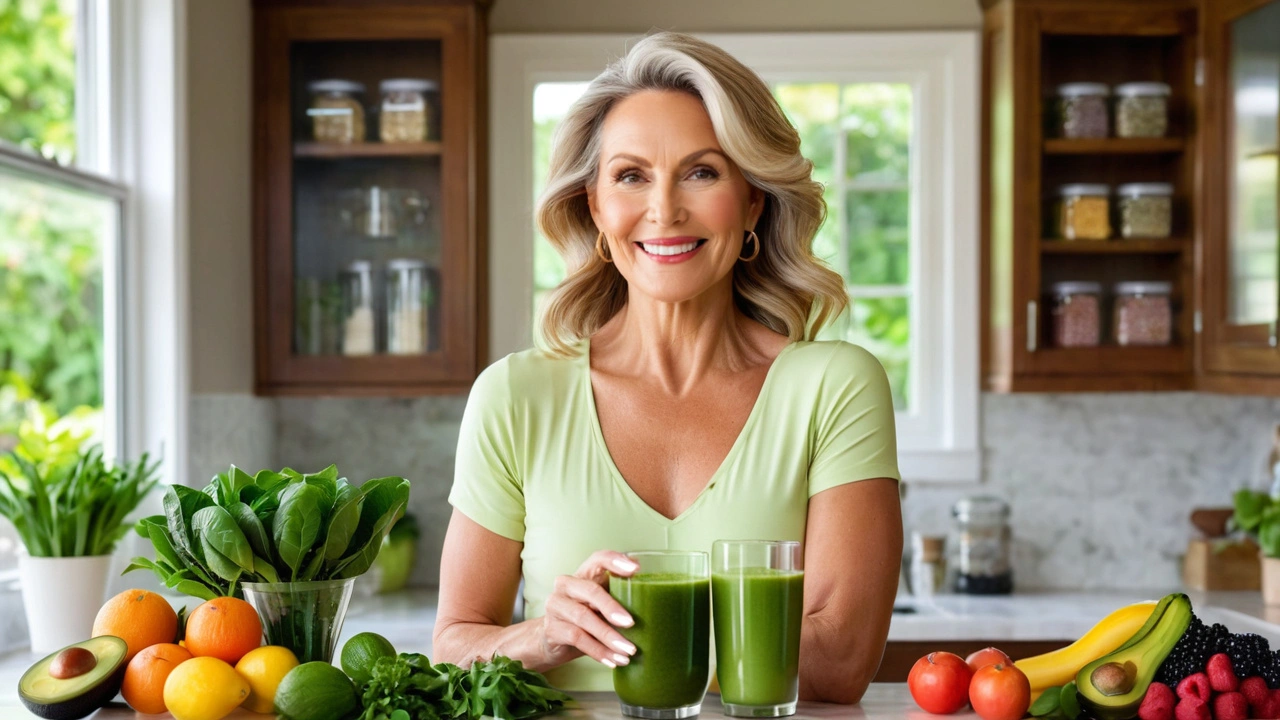Glutathione: What it is and why people talk about it
Glutathione is a small molecule your body makes that helps protect cells from damage. You can think of it as a frontline antioxidant that supports the liver, immune system, and general cell repair. People talk about glutathione for many reasons: boosting energy, helping skin look clearer, and supporting recovery from oxidative stress. That doesn’t mean it’s a miracle cure — but it’s useful and worth understanding.
How to boost glutathione levels safely
There are a few practical ways to raise glutathione. First, eat foods that support it: sulfur-rich vegetables (broccoli, garlic, onions), lean proteins, and foods high in vitamin C and selenium. Second, lifestyle matters — good sleep, moderate exercise, and cutting down on heavy alcohol use help your body keep glutathione levels stable. If you’re considering supplements, common options are oral N-acetylcysteine (NAC), which helps the body make glutathione, and direct glutathione pills or liposomal forms. IV glutathione exists too, but that’s a medical procedure and should only be done under supervision.
Want practical tips? Try adding a garlic-and-broccoli side to meals a few times a week and swap late-night screen time for better sleep. Small, consistent changes often beat expensive quick fixes.
Choosing supplements, dosing, and safety
If you decide on supplements, pick brands that show third-party testing and clear ingredient lists. Low-cost doesn’t always equal safe. Typical NAC doses reported in studies range from 600 mg to 1,800 mg per day depending on the reason, but always check with your doctor before starting. For oral glutathione, evidence about how well it raises levels varies — liposomal forms may absorb better, but results differ.
Watch for interactions: glutathione and NAC can affect some medications and medical conditions. Pregnant or breastfeeding people, those with active medical issues, or anyone on prescription drugs should ask a clinician first. Common side effects are usually mild — nausea, bloating, or allergic reactions are possible but not common.
Want to read practical related posts? Check reviews of online pharmacies before buying supplements: primedz.com review (32794), MapleLeafMeds comparison (31924), or the euroids.to guide (33839). For broader lifestyle tips that support reducing medication reliance and boosting natural defenses, our prednisone alternatives article has useful habits you can borrow (33710).
If you’re trying something new, start slow, track how you feel, and bring any concerns to a healthcare provider. Glutathione can be a helpful part of wellness, but the basics — good food, sleep, and sensible choices — matter most.
Unlocking the Power of Glutathione: A Comprehensive Health Guide
Discover the benefits of glutathione, a powerful antioxidant that can improve overall health and detoxify the body. This guide explores how glutathione works, its sources, its role in fighting aging, and tips on boosting your body's levels naturally and through supplements. Learn why maintaining adequate levels of this 'master' antioxidant could be important for longevity and well-being.






